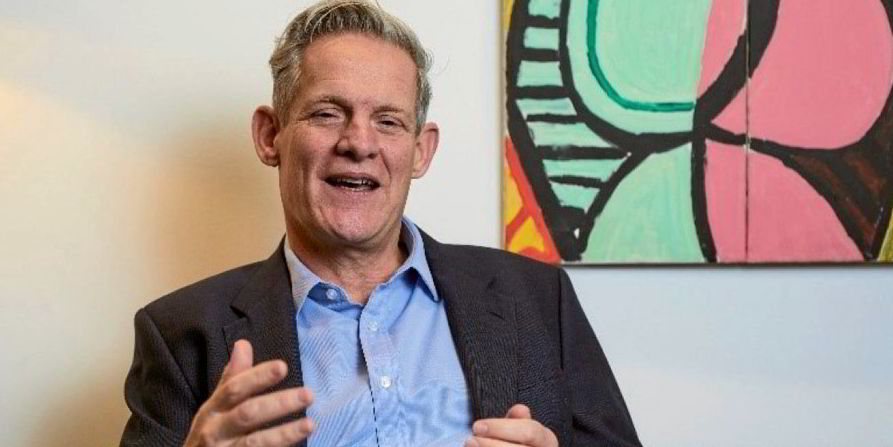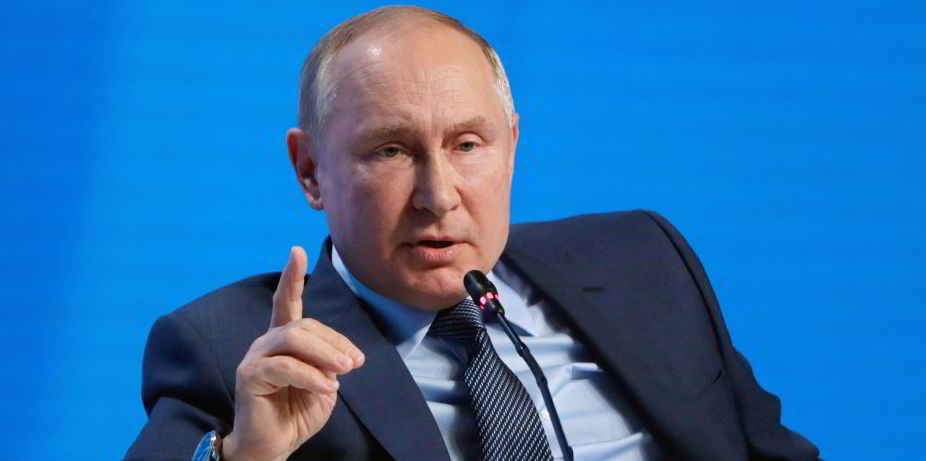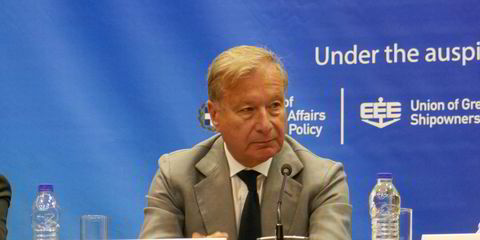Russia’s invasion of Ukraine has triggered a long-lasting impact on the oil trade that will cut imports and accelerate the transition to clean energy, according to BP.
Threats to energy security will prompt countries to produce their own renewable energy and limit global trade in fossil fuels, according to the oil major’s annual energy outlook.
“The increased importance placed on energy security as a result of the Russia-Ukraine war leads over time to a shift away from imported fossil fuels towards locally produced non-fossil fuels, accelerating the energy transition,” it said.
BP’s chief economist, Spencer Dale, told a presentation that gas and oil were most susceptible to geopolitical shocks.
“Decarbonisation and energy efficiency are the best forms of energy security,” he said.
“The increased focus on energy security as a result of the Russia-Ukraine war has the potential to accelerate the energy transition as countries seek to increase access to domestically produced energy, much of which is likely to come from renewables and other non-fossil fuels.”
The projections have implications for the tanker sector during a period when the market has received a boost from changing trade routes linked to the Russian invasion.
Europe is seeking alternative suppliers to Russia, increasing tonne-mileage and rates across the clean and dirty segments.
The European Union introduced a ban on Russian seaborne crude imports on 5 December. A similar measure on oil products is due to come into force on 5 February.
Under a scenario that follows the “current broad trajectory” of energy policies, BP predicts that global oil consumption will remain at about 100 million barrels per day (bpd) throughout most of this decade. It will then decline to around 75m bpd by 2050.
Under the scenario, it suggests that global carbon emissions will peak in the late 2020s. The peak would be followed by the first time in modern history where there is a sustained fall in the use of a fossil fuel, said Dale.
By around 2050, emissions will be about 30% below 2019 levels, still far from the goal of hitting net zero demanded by the United Nations and enshrined in law by some governments.
Marine lagging
The biggest driver will be reduced demand for oil from road transport with a shift to electric cars, said BP.
With new fuel technologies lagging in shipping, BP said that oil will account for more than three-quarters of marine energy demand in 2050 under the current course of energy policies.





